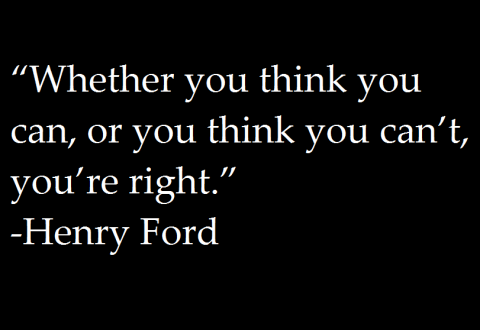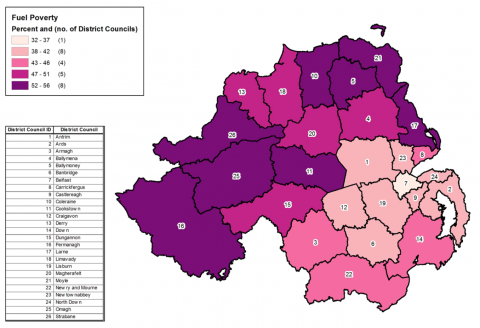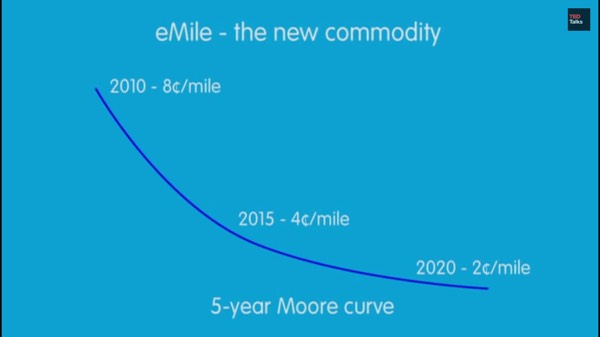Malachi O’Doherty isn’t a believer. He’s written a lengthy and repetitive note complaining about the lack of a real economy in Northern Ireland. And if he is reflective of the philosophers in the province then he’s right. “There’s no such thing as the NI economy and we’ll never be self-sufficient financially, such is our reliance … Continue reading “The Mirage of Economic Prosperity and the Bitter Generation”
Malachi O’Doherty isn’t a believer. He’s written a lengthy and repetitive note complaining about the lack of a real economy in Northern Ireland. And if he is reflective of the philosophers in the province then he’s right.

“There’s no such thing as the NI economy and we’ll never be self-sufficient financially, such is our reliance on the Exchequer, but attracting more visitors can at least help us to pay our way”
This patronising opener relegates our region to knitting jumpers and mass-producing cultural knickknacks, or as he puts it “little ceramic orangemen”. We’ll all end up driving minivans around the Belfast murals and stopping at a street corner to comment sadly about what might have been without seats packed full of ghoulish tourists.
But smaller nations have prospered. Estonia endured years under the boot of the Soviet Regime and yet now boasts an economy that is not only an economic marvel but a socially and culturally progressive wonder.
The “Northern Ireland doesn’t have an economy” refrain is something I hear from the Nationalists in our midst. It’s part of the whole “Failed State” rhetoric and they do their damnedest to ensure that it remains true. That we maintain a massive welfare bill, that our people are spending their cognitive surplus in identity feuds and not in being productive members of society. And while they are happy to maintain Northern Ireland as an open sore on the British economy, the leads parties of Unionism are equally keen to maintain the status quo – citing that our dependence on the British economy is exactly the reason to stay in it.
Malachi is right that we will not progress while our leadership is wasting its time on identity disputes. We maintain segregated schools, much to the horror of thinking people everywhere who always point to that as the root of the identity issues in Northern Ireland. It’s so obvious and yet why don’t our leaders do something about it?
The Corporation Tax bill was presented yesterday and I have to believe that it will not pass through Parliament (mostly because Labour hates it and there’s not enough time before the election). So I believe the UK government sold us a sop in return for our compliance. But, in this complex negotiation it has to be said that our politicians were also hiding their true card under the table. As if a hasty deadline and economic hardship could force change in Northern Ireland. I don’t believe the Conservatives will deliver on Corporation Tax but then I also don’t believe that our leaders will delivery on peace, reconciliation, the economy, restoration of education, maintenance of health and everything else they may have committed to. We just have another holding pattern while everyone outside of Northern Ireland waits for the “bitter generation” to just grow old and die. Civilisation, as represented by almost everywhere else, can wait for us to grow up.
I deliberately used Malachi’s desert analogy in the title because of something that people forget about a mirage. A mirage is an image of a far-off place, transported into view via optical refraction of light in the atmosphere. In this case, we can see a mirage of a prosperous economy, we can even see the mirage of a society that is finally happy with their own identity. But we will never reach that mirage by repeating the mistakes of the last seventeen years.





